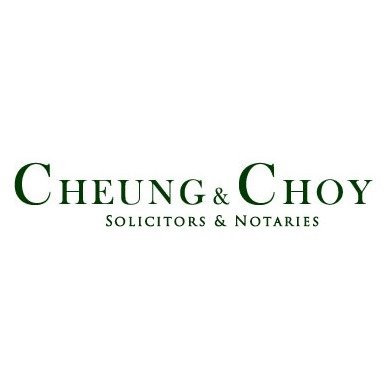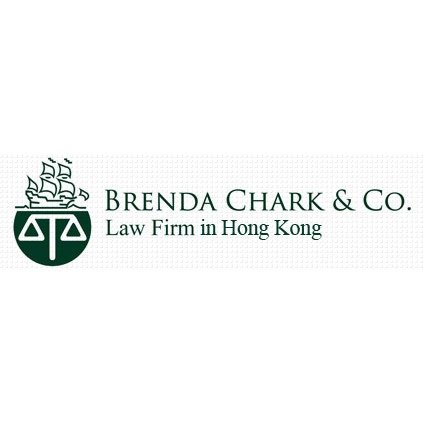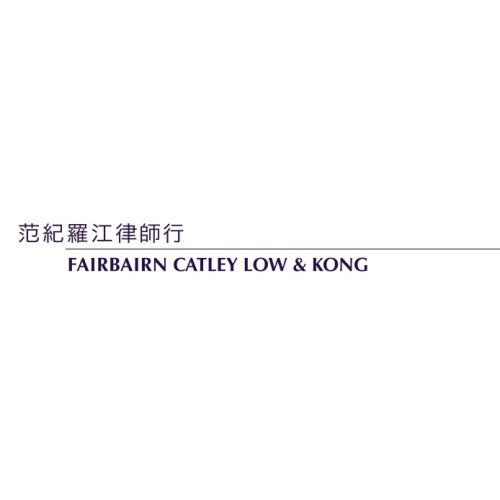Best Housing, Construction & Development Lawyers in Wanchai
Share your needs with us, get contacted by law firms.
Free. Takes 2 min.
Free Guide to Hiring a Real Estate Lawyer
List of the best lawyers in Wanchai, Hong Kong
About Housing, Construction & Development Law in Wanchai, Hong Kong
The law of Housing, Construction & Development in Wanchai, Hong Kong is governed by various legislations, regulations, and guidelines. It covers a wide array of areas such as land use, building and safety standards, housing policies, land development and redevelopment, property rights, and the regulation of the property market. The Building Ordinance and its regulations primarily regulate the building industry. This ordinance demands strict compliance for the safety, health, and convenience of the building's inhabitants.
Why You May Need a Lawyer
Given the complexity of the Housing, Construction & Development laws and regulations, it's recommended that one seeks the guidance of a lawyer in situations such as disputing a tenant/landlord issue, understanding rights and obligations under the Building Ordinance, planning construction or redevelopment projects, resolving disputes over property rights or boundaries, seeking eviction orders, dealing with corporate property transactions, or complying with zoning and land use regulations. A lawyer can guide you through the intricate legal labyrinth and help protect your best interests.
Local Laws Overview
Key legislations relevant to Housing, Construction & Development in Wanchai, Hong Kong include the Building Ordinance, Landlord and Tenant (Consolidation) Ordinance, Conveyancing and Property Ordinance, and Real Estate Developers (Licensing) Ordinance. The Building Ordinance establishes building standards and imposes obligations on property owners and developers. The Landlord and Tenant Ordinance governs relationships and disputes between landlords and tenants. The Conveyancing and Property Ordinance deals with property transactions and the Real Estate Developers Ordinance regulates the real estate industry to protect consumers.
Frequently Asked Questions
What is the process for developing a property in Wanchai, Hong Kong?
The development process involves several steps which include obtaining the necessary approvals from relevant authorities, compliance with zoning laws, ensuring environmental implications are handled appropriately, and adhering to the Building Ordinance.
What are my rights and obligations as a tenant in Wanchai?
Under the Landlord and Tenant Ordinance, tenants have the rights to quiet enjoyment and proper maintenance of the property. They have obligations to pay rent on time, avoid causing damage to the property, and comply with the terms of the lease agreement.
Can I evict a non-paying tenant?
Yes. However, the eviction process must follow proper legal procedures. You must provide the tenant with a legal notice and apply to the court for an eviction order if the tenant refuses to vacate.
What happens if I do not comply with the Building Ordinance?
Non-compliance can result in penalties such as fines, imprisonment, or enforced remedial works at the offender's cost.
How can I resolve a property dispute?
Property disputes are typically handled through negotiation, mediation, or litigation. The method chosen often depends on the nature of the dispute, risks involved, and the relationship between the disputing parties.
Additional Resources
For further guidance and resources, you may refer to the departments of Building & Lands, Housing, and the Real Estate Developers Association of Hong Kong. These organizations regulate and provide resources in the field of Housing, Construction & Development.
Next Steps
If you need legal assistance, seek advice from a lawyer specializing in Housing, Construction & Development. Together, you can review your situation, evaluate your legal options, and formulate a strategy that best serves your interests.
Lawzana helps you find the best lawyers and law firms in Wanchai through a curated and pre-screened list of qualified legal professionals. Our platform offers rankings and detailed profiles of attorneys and law firms, allowing you to compare based on practice areas, including Housing, Construction & Development, experience, and client feedback.
Each profile includes a description of the firm's areas of practice, client reviews, team members and partners, year of establishment, spoken languages, office locations, contact information, social media presence, and any published articles or resources. Most firms on our platform speak English and are experienced in both local and international legal matters.
Get a quote from top-rated law firms in Wanchai, Hong Kong — quickly, securely, and without unnecessary hassle.
Disclaimer:
The information provided on this page is for general informational purposes only and does not constitute legal advice. While we strive to ensure the accuracy and relevance of the content, legal information may change over time, and interpretations of the law can vary. You should always consult with a qualified legal professional for advice specific to your situation.
We disclaim all liability for actions taken or not taken based on the content of this page. If you believe any information is incorrect or outdated, please contact us, and we will review and update it where appropriate.
















